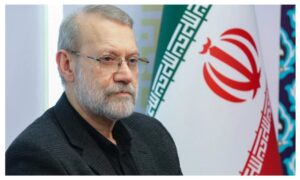Nigerian Senator Ned Nwoko has suggested setting up ranches in all 774 local government areas and the Federal Capital Territory. He said the plan will help improve food supply, stop open grazing, and bring modern livestock farming to Nigeria.
Nwoko, who represents Delta North and is Vice Chairman of the Senate Committee on Environment, revealed in Abuja that the proposal is part of a bill currently before the Senate.
The bill, officially titled “A Bill for an Act to Provide for the Establishment, Development, and Management of Ranches in the 774 Local Government Areas and the Federal Capital Territory, to Promote Modern Livestock Farming, Curb Open Grazing, Enhance Food Security, and for Related Matters,” aims to create rules for ranch development and management across the country.
It includes provisions for state-level land approvals, ensures environmental sustainability, and encourages transparent funding through public-private partnerships. It also proposes a Ranch Management and Development Agency to supervise compliance and enforce regulations.
Nwoko explained that the law would help prevent conflicts between farmers and herders, ensure environmental compliance, and promote cooperation among federal, state, and local authorities.
He said the establishment of legally recognized ranches will modernize livestock farming and allow smooth collaboration between government levels while respecting land laws and the constitution.
The bill also safeguards the rights of individuals, communities, and other stakeholders, addressing animal welfare, disease control, and dispute resolution while encouraging private sector investment through financial incentives.
Additionally, the legislation provides fair compensation and resettlement for communities affected by ranching projects. It aims to integrate ranching into local economies to create jobs and drive economic growth.
The law also establishes rules for licensing, monitoring, and enforcing ranching standards and provides legal methods to resolve conflicts from ranch operations.
Nwoko, who also chairs the Senate Committee on Reparations and Repatriation, described the bill as a major step to strengthen food security and support sustainable livestock farming across Nigeria.







